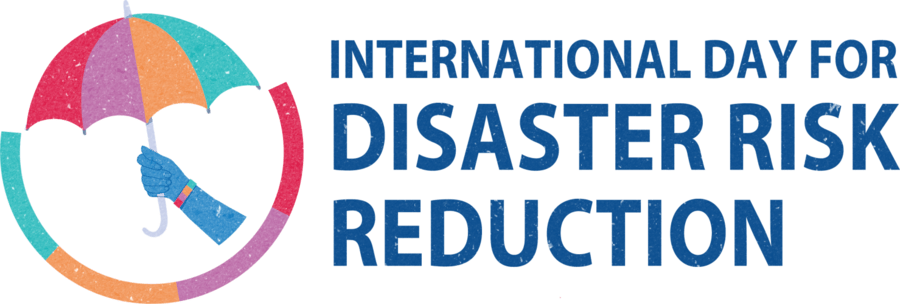All-of-society approach to multi-hazard early warning systems
Time
15:30 - 17:00 CEST
About
On the occasion of the International Day of Disaster Risk Reduction (IDDRR), the UNDRR Stakeholder Engagement Mechanism (SEM) is hosting a virtual webinar to showcase different stakeholders’ perspectives, exchange knowledge and best practices, as well as hone into key policy messages relating to the Sendai Framework Target G “Substantially increase the availability of and access to multi‑hazard early warning systems and disaster risk information and assessments to the people by 2030”.
The focus of this year’s IDDRR is very timely as we are witnessing an escalation in weather related disasters that cause billions of euros in damage and threaten livelihoods of people across the world. In 2022 alone extreme weather events have multiplied with on-going droughts across the European continent, wildfires in the USA as well as increasing number of floods in Malaysia, Madagascar, Indonesia, USA, or South Korea that caused loss of livelihoods for thousands of people, left close to a hundred victims. These are but a few examples of growing weather threats all across the world, hitting developed as well as developing countries. As governments declare states of emergency, we are faced with under-preparedness of governments as well as populations to respond and gaps in early warning systems to avert loss of lives and property.
On the other hand, as we develop better early warning systems, backed up by effective risk governance and good communications, we save thousands of lives and enhance our mitigation and adaptation capacities. The recent UNDRR and WMO report found that there is much value in the early warning systems, namely: the cost of a warning system is much lower than other risk reduction measures and the benefits outweigh its costs. However, an effective early warning system requires an all of society approach, where the decision-makers closely collaborate with all the stakeholders through transparent and up to date information sharing, working both ways - from the community towards governments and the other way around.
This webinar, hosted at the outset of the COP27 will invite its participants to approach the multi-hazard early warning systems target of the Sendai Framework from two angles in corresponding panel discussions. The first one will relate to extrapolating the value of early warning systems through sharing best practices in reducing loss and damage as well as investigating methods implemented to ensure that no one is left behind. The second panel will hone in on the links between Paris Agreement and Sendai Framework, particularly Target G, as we approach COP27 in Egypt. It will explore risk informed investment and financing paradigm, and adaptation priorities in line with those set forward by Egypt’s COP27 presidency.
Panel: Implementing early warning multi-hazard systems through all-of-society approach
The panel will bring together different stakeholders to share their experiences in designing and implementing multi-hazard early warning systems.
Questions
- What conditions need to be in place for an effective multi-hazard early warning system?
- What value have these systems brought in terms of loss and damage paradigm?
- How to ensure that these systems consider the engagement and needs of most at risk groups?
Speakers
Grassroots leader, Huairou Commission
Sarah Wade-Apicella, Head of Partnerships & Stakeholder Engagement Unit, UNDRR
Representative, HelpAge International (tbc)
Moderator - Ana Gabriele Sabancevaite, UNMGCY, Lithuania
Discussion: Linking SFDRR & COP27 through risk-informed investments and planning
With Egypt taking the lead as incoming Presidency of the UNFCCC COP, its government has mobilized African states around three key priorities for COP27: centralizing adaptation; Financing climate action; towards just and equitable transition. The panel will invite speakers to explore how these priorities link with the Sendai Framework Target G and to discuss the SEM policy position at COP27.
Speakers
Ghada Ahmadein, Arab Network for Environment and Development RAED, Egypt
Dan Perell, United Nations Representative at Baha'i International Community, USA
